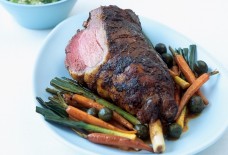Arabic Dialects Within Egypt
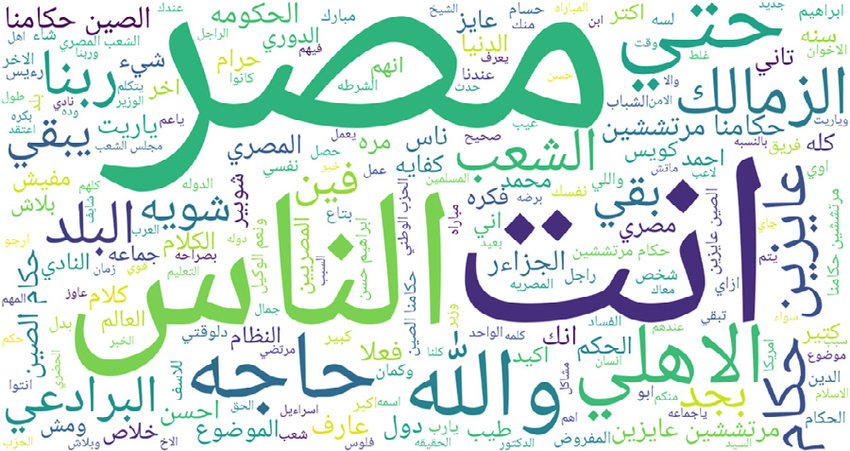
By Nevin Girgis / Arab America Contributing Writer
One of the most special attributes of the Arabic language is its diversification to fit several dialects. There are around 25 Arabic-speaking countries, which in total consist of over 400 million Arabic speakers in the world. In some cases within Arabic countries, divergent dialects exist as well. As seen in Egypt, Egyptian Arabic is not one distinct dialect. The different dialects are unique to the specific regions of the country. Furthermore, there are minute details that differentiate all kinds of Egyptians from one another, mostly through the pronunciation of certain words.
Egyptian cinema rose in the 1940s, eventually leading to a wide understanding of the Egyptian dialect across MENA. Currently, Egypt is the most generative country in the production of films in MENA. In contrast to other Arabic dialects, some of which are more related to Modern Standard Arabic (MSA), Egyptian Arabic is an effortless and uncomplicated form of Arabic. For that reason, Egyptian Arabic tends to be the ‘slang’ version of ‘Fus-ha’ or MSA. What makes Egypt as a country have a strong distinguished personality is its luxuriance in the diversity of its people. Egypt’s unique people represent their regions through the dialects in which they communicate. Undoubtedly, dialects reveal a lot about a person; once one starts speaking immediately it is apparent the region in which they are from. A few notable dialects within Egypt are Alexandrian, Masry, Saidi, and Bedawi dialects.
Masry
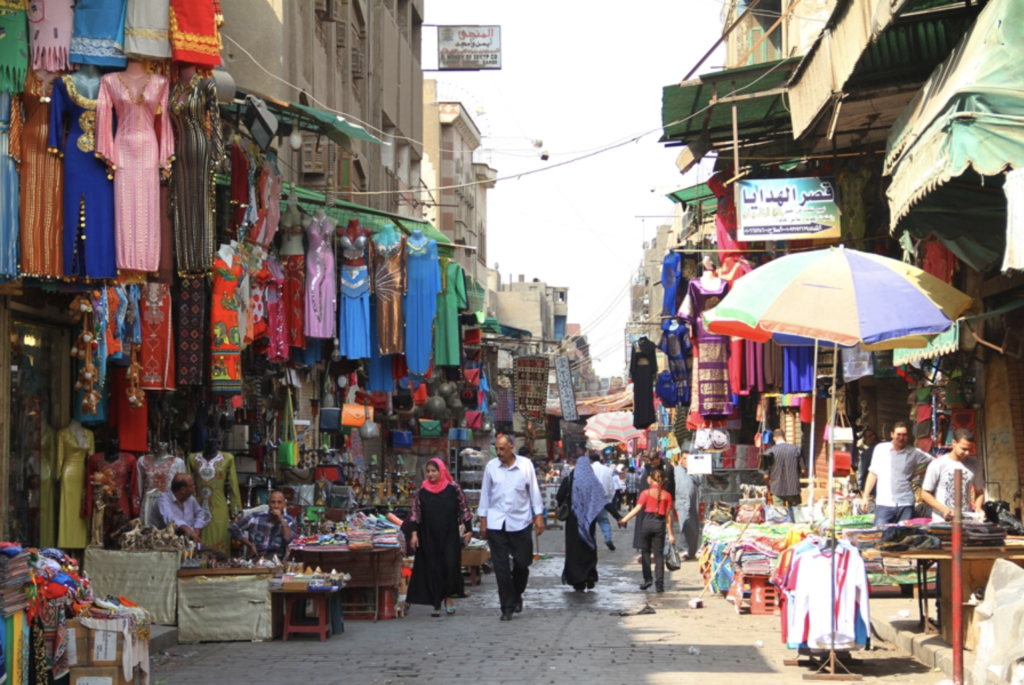
The capital of Egypt is Cairo, colloquially known as Masr, making the Masry dialect the standard Egyptian dialect. Due to its geographical importance, Masry is the most spoken and understood Egyptian dialect. Britain and France occupied Egypt, and as a result of this, Masry is heavily influenced by other languages. In 1882, Egypt was occupied by Britain, which resulted in a number of English words adhering to Egyptian Arabic. In particular the Arabic words for electronic, telephone, and computer. Similarly, when the French departed from Egypt in 1801, ‘douche’ which translates to ‘shower’ ‘maquillage’ which translates to ‘makeup’, and ‘merci’ which translates to ‘thank you’ remained in the Masry dialect. Every Egyptian understands the Masry dialect and is able to change their personal dialect in order to speak in a Masry dialect.
Alexandrian
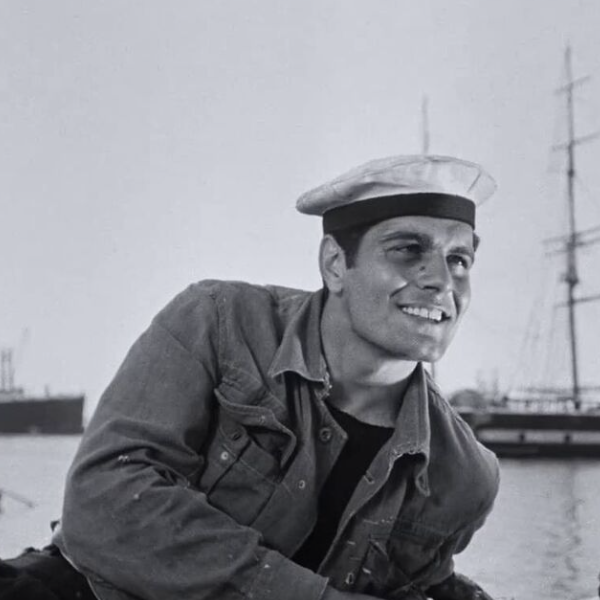
Alexandria is one of the largest Egyptian cities located on the coast of the Mediterranean Sea, making the people of Alexandria, Alexandrians, renowned all throughout Egypt for their noticeable dialect. Alexandrians speak in the ‘we; form, otherwise known as the ‘nahno’ or ‘نحن’ form. A typical phrase an Alexandrian would say would be: ‘النهاردة اتمشينا على الكورنيش’ which would roughly translate to: ‘today we walked along the pier’. This sentence implies there is more than one person that walked along the pier, however, according to the customary Alexandrian dialect, there was only a single person. In other words, sentences are spoken in the collective form by native Alexandrians.
Saeedi
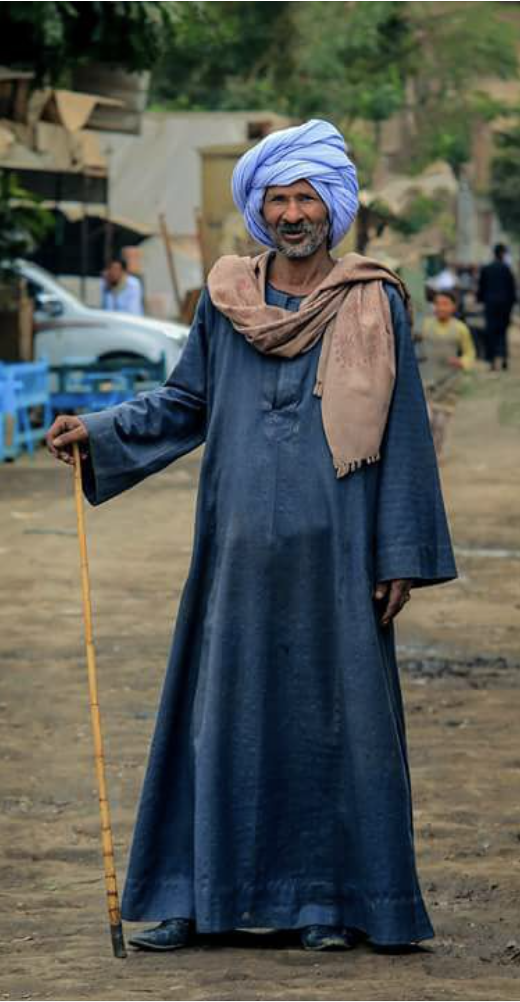
The Saeed is a region of Egypt that is located in rural/ southern Egypt; still, anyone who is Saeedi is an ‘Upper Egyptian’. The Egyptian cities of Asyut, El Minya, Sohag, Qena, Luxor, and Aswan collectively speak in the Saeedi dialect. Other Egyptian speakers view Saeedi people to be rural and villagers because of the dialect in which they speak. The Egyptian Arabic phrase for ‘I’m coming’ is ‘انا جاي’, a Masry pronounces it as ‘ana gaie’, however, a Saeedi pronounces it as ‘ana jaie’. In the Arabic language, there is no letter ‘j’, only a soft ‘g’ and a hard ‘g’. The use of the hard ‘g’ by Saeedi speakers periodically produces a negative reaction from other dialect speakers, which they understand as a lack of civilization and sophistication. Nevertheless, Saeedi people proudly speak in their dialect to proclaim their identity and eternalize it.
Unified Nation
Regardless of the dialect spoken, all Egyptian Arabic speakers are able to communicate with one another. There is a special bond between all the disparate forms of Egyptian people that connects them despite the way they pronounce something. Egyptians accept people of all regions and dialects.
Check out Arab America’s blog here!



